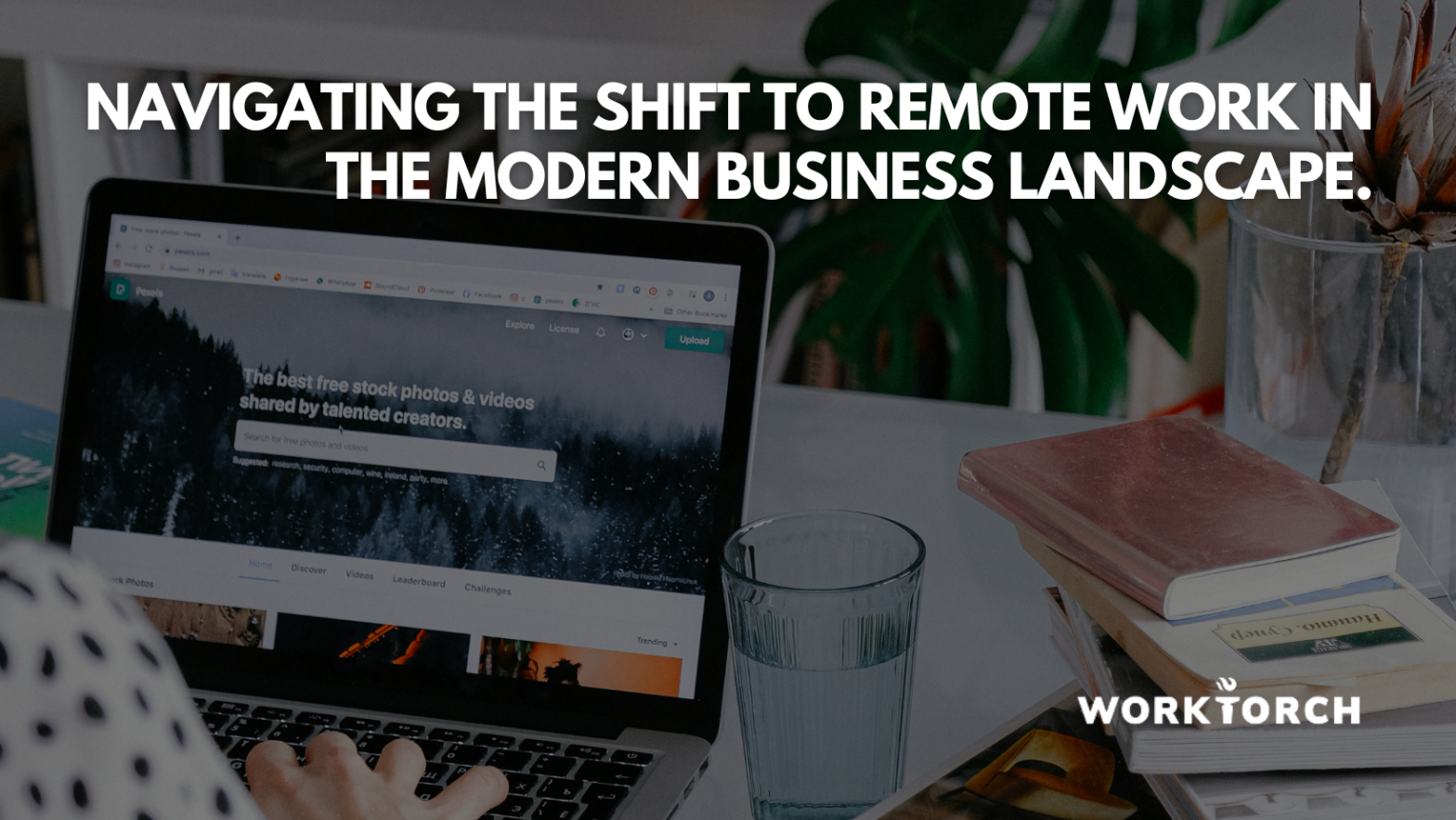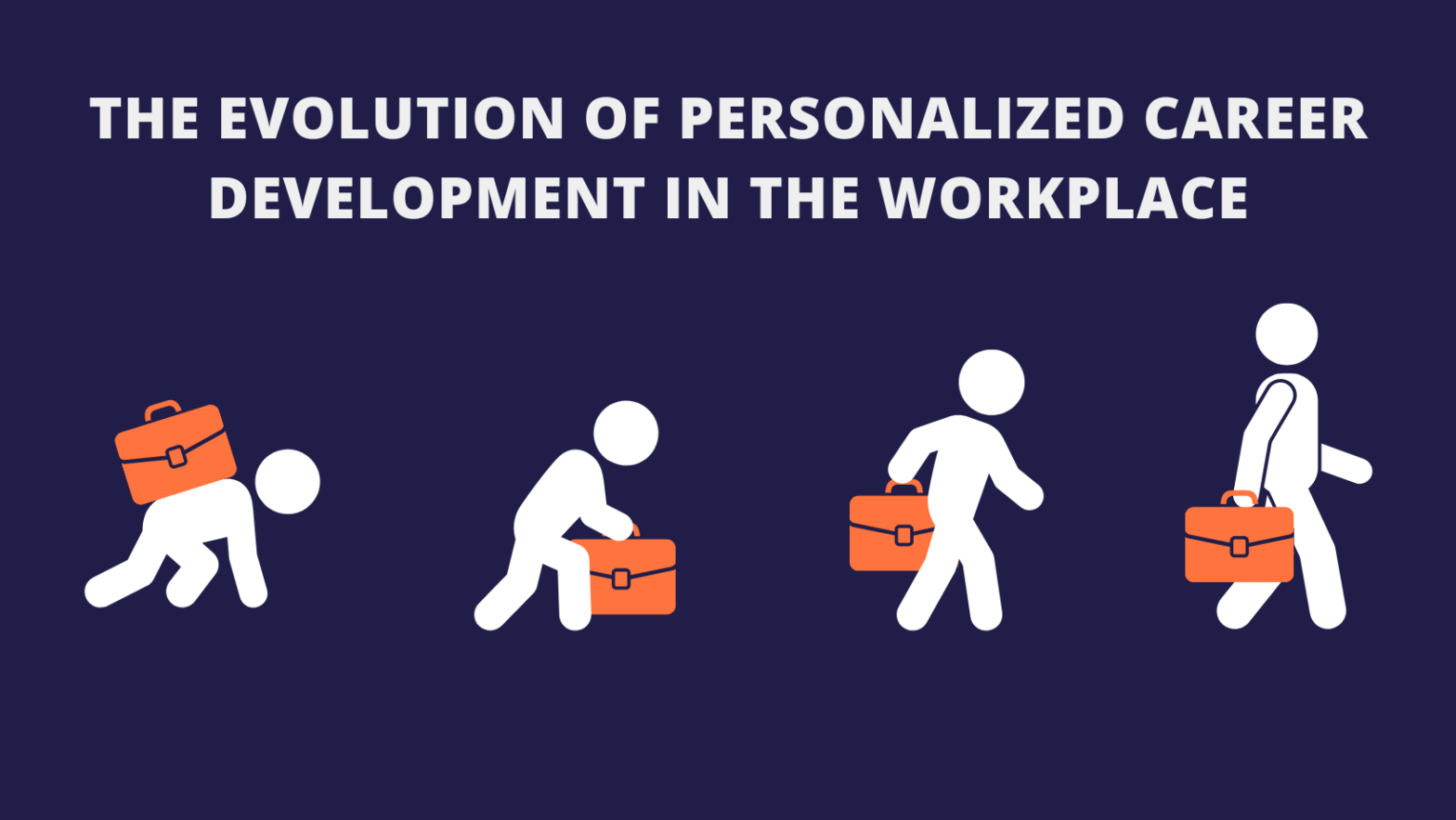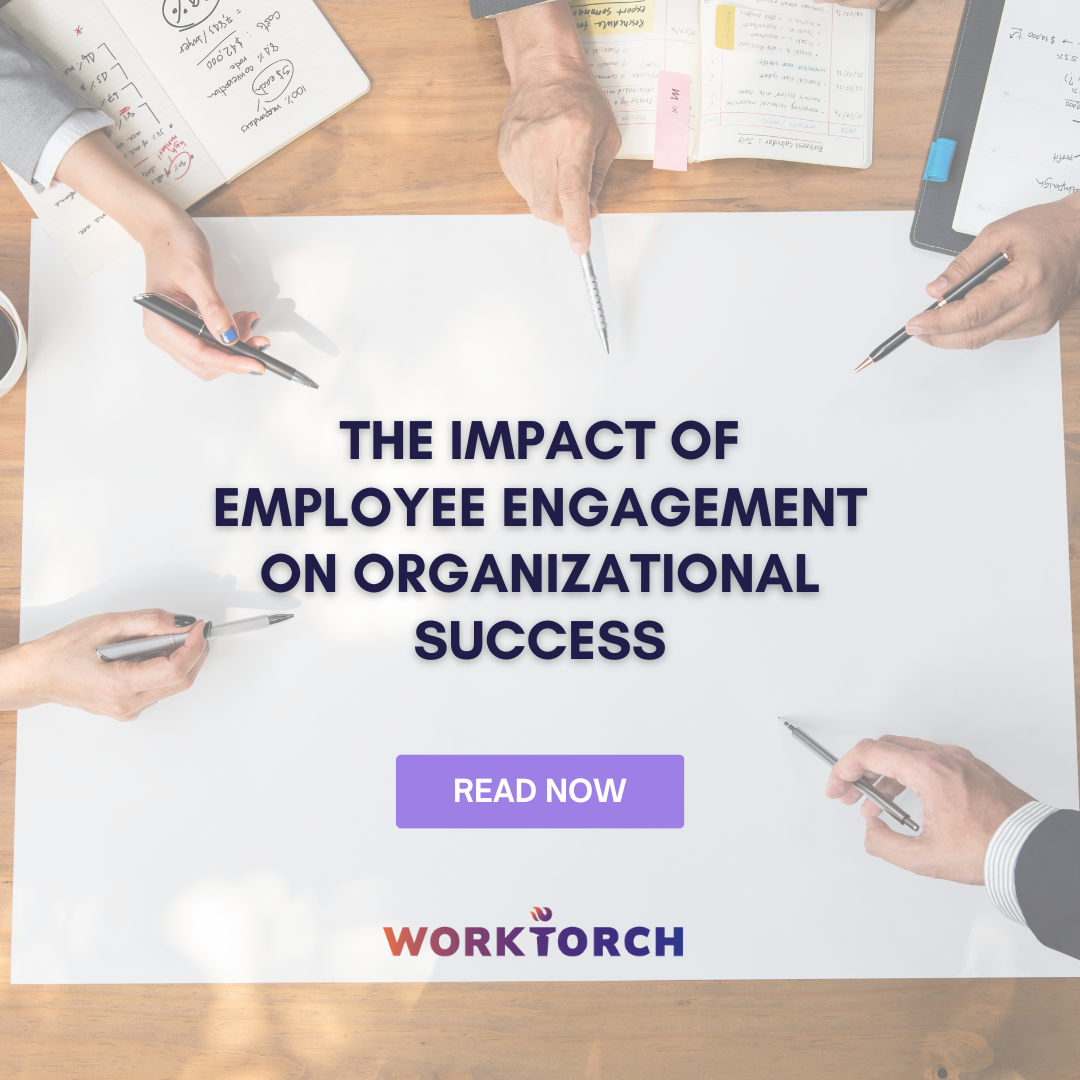COVID had one of the biggest impacts on our world in modern day history. One of the biggest impacts is how and where people work. When people were forced to shelter in place, the economy had to keep moving. Which meant employers had to become flexible on where their employees worked. While some companies have since gone back to in-person work, many employers have opted to continue remote work optionality. Advances in technology has allowed companies to continue to operate, at times even more efficiently, with remote work environments. As businesses adapt to this new normal, it’s crucial to navigate the challenges and opportunities that come with this paradigm shift.
Tag: flexibility
The evolution of personalized career development in the workplace
Studies show that employees today are looking for more than just a good salary. Today’s employees are seeking personalized and dynamic approaches to nurture their professional growth. This means that employers can no longer rely on a one-size-fits-all model. We are in an era where employers must build plans based on the diverse skills, aspirations, and preferences employees bring to the table.
The impact of employee engagement on organizational success
Contrary to popular belief, employee engagement is the lifeblood of any organization. Whether or not employees are engaged can directly impact the success and sustainability of your business. Understanding and fostering employee engagement can help you better attract and retain top talent in today’s challenging market. Let’s explore the different ways employee engagement can impact organizational success.
The challenges of traditional scheduling methods
You know the saying “time is money?” Well, that’s even more true when it comes to business. We live in a fast-paced world where time is of the essence. The last thing you and your team needs to waste time on is ineffective, antiquated scheduling methods. In this blog post, we’ll explore some of the key challenges associated with traditional scheduling methods and why it might be time for an upgrade.



